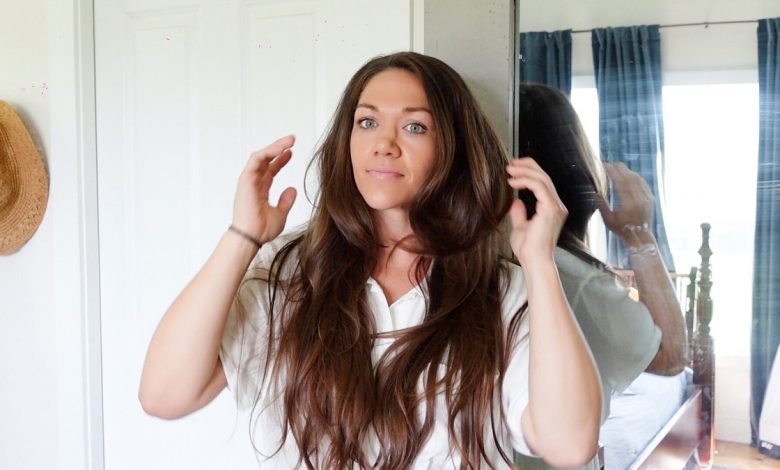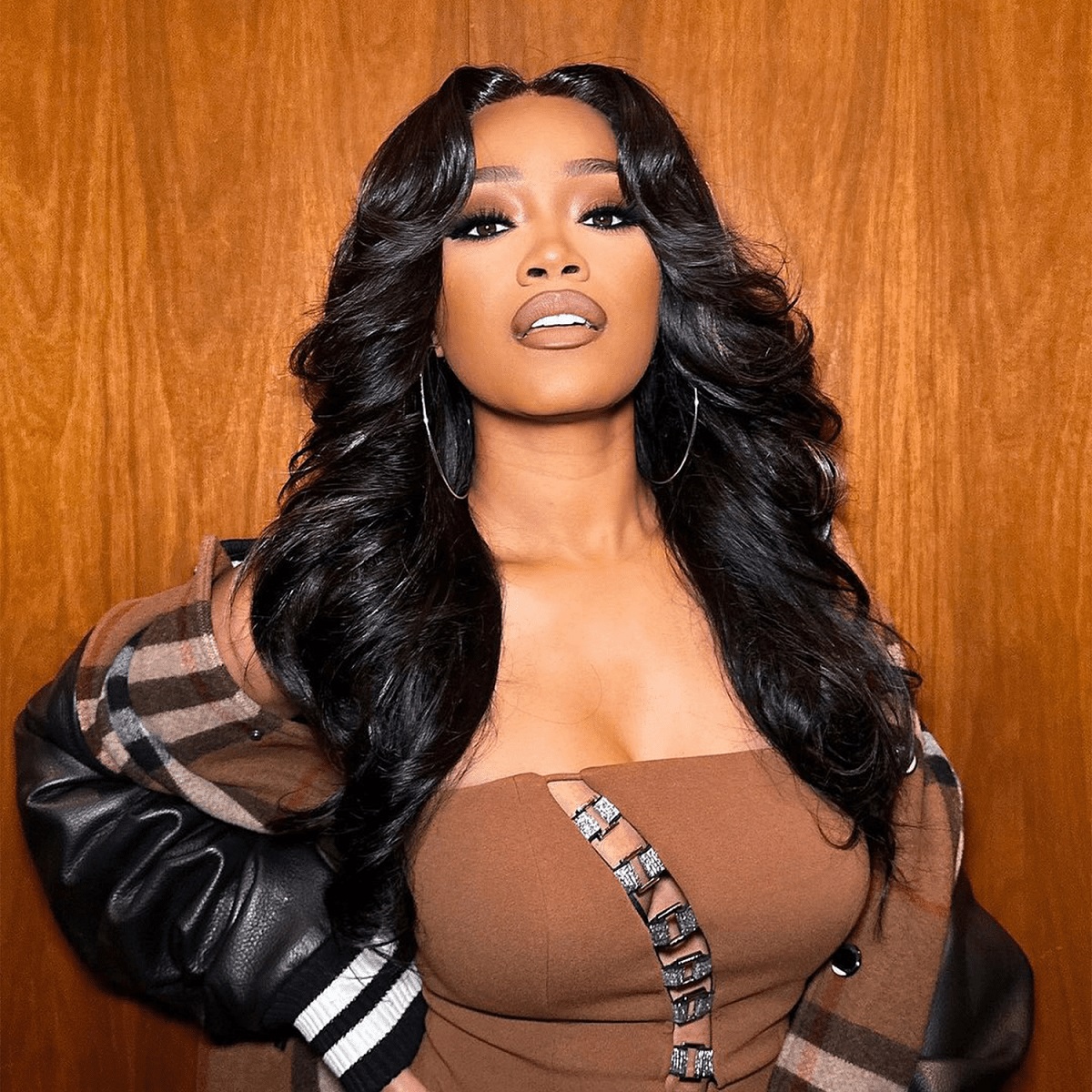Tips For Long Hair Growth: How We Can Have Long Hair?

Tips For Long Hair Growth: Growing long hair is a goal that many people have, but it requires patience, consistency, and the right approach.
Achieving long, healthy hair involves more than just letting it grow—it requires proper care, nourishment, and understanding the factors that influence hair growth. Here’s a detailed guide on how to grow long hair.
Tips For Long Hair Growth
1. Understanding Hair Growth

Tips For Long Hair Growth, Hair growth occurs in cycles that include three stages: the anagen (growth) phase, the catagen (transitional) phase, and the telogen (resting) phase. The anagen phase is the most crucial for growing long hair as this is when hair actively grows. On average, hair grows about half an inch per month, which amounts to around six inches per year. The length of your anagen phase is genetically determined, but there are many ways to optimize your hair’s growth potential.
2. Diet And Nutrition
Tips For Long Hair Growth, Healthy hair starts from within, and diet plays a critical role in hair growth. Your hair needs the right nutrients to grow strong and long. Here are some essential nutrients for hair growth:
Protein: Hair is made up of a protein called keratin, so consuming enough protein is essential. Include lean meats, fish, eggs, and plant-based proteins like beans and lentils in your diet.
Vitamins: Vitamins such as A, C, D, and E are vital for hair health. Vitamin C, for example, helps with collagen production, which strengthens hair. Vitamin D is linked to hair follicle health, and a deficiency may lead to hair loss.
Biotin: Also known as Vitamin B7, biotin is a popular supplement for hair growth. It supports the production of keratin and can help with hair thickness and strength.
Omega-3 Fatty Acids: Found in fish, flaxseed, and walnuts, omega-3 fatty acids help keep your scalp healthy and may reduce inflammation that can lead to hair loss.
Zinc And Iron: Both minerals are important for hair tissue growth and repair. They help keep the oil glands around the follicles working properly. A deficiency in these can lead to hair shedding.
3. Proper Hair Care Routine
Tips For Long Hair Growth, To grow long hair, it’s important to maintain a consistent and gentle hair care routine. Here’s what you should do:
Gentle Washing: Wash your hair regularly to keep your scalp clean, but don’t overdo it. Washing your hair too frequently can strip it of natural oils, leading to dryness and breakage. Aim to wash your hair 2-3 times a week with a sulfate-free shampoo.
Conditioning: Always follow up with a conditioner, focusing on the ends of your hair. Conditioner helps to keep your hair moisturized and reduces tangling and breakage. Deep conditioning treatments once a week can also be beneficial.
Avoid Heat Styling: Excessive use of heat styling tools like straighteners, curling irons, and blow dryers can cause damage to your hair. If you must use heat, always apply a heat protectant spray and use the lowest heat setting possible.
Trimming: It might seem counterintuitive, but regular trims are crucial for growing long hair. Trimming every 8-12 weeks helps remove split ends, preventing them from traveling up the hair shaft and causing more damage.
Avoiding Tight Hairstyles: Hairstyles that pull on your hair, such as tight ponytails or braids, can cause stress on your hair and scalp, leading to breakage. Opt for looser styles that don’t put too much tension on your hair.
4. Scalp Care

Tips For Long Hair Growth, A healthy scalp is essential for hair growth. The scalp is where your hair follicles are, and taking care of it can boost hair growth.
Scalp Massage: Regular scalp massages can increase blood circulation to the hair follicles, promoting hair growth. You can use your fingers or a scalp massager for 5-10 minutes daily. For added benefits, use essential oils like rosemary or peppermint oil, which have been shown to support hair growth.
Exfoliation: Just like your skin, your scalp can benefit from occasional exfoliation. Use a gentle scalp scrub or a brush to remove dead skin cells, product buildup, and excess oil. This can help unclog hair follicles and promote a healthy environment for hair growth.
5. Protecting Hair While Sleeping
Tips For Long Hair Growth, Your nighttime routine can also impact your hair’s health and growth. Consider the following tips:
Silk or Satin Pillowcase: Cotton pillowcases can cause friction, leading to hair breakage. Switching to a silk or satin pillowcase can reduce friction and help keep your hair smooth.
Protective Hairstyles: Wearing your hair in a loose braid or bun can help prevent tangles and breakage while you sleep. Avoid tight hairstyles that can pull on your scalp and hair.
Nighttime Hair Treatments: Applying a leave-in conditioner or a lightweight hair oil before bed can help keep your hair hydrated and protect it from damage.
6. Managing Stress
Tips For Long Hair Growth, Stress can have a significant impact on your hair growth. High levels of stress can lead to conditions like telogen effluvium, where hair enters the resting phase prematurely and falls out. Managing stress through techniques such as meditation, yoga, exercise, and proper sleep can help maintain healthy hair growth.
7. Avoiding Harmful Chemicals

Tips For Long Hair Growth, Many hair products contain harsh chemicals that can damage your hair over time. Ingredients like sulfates, parabens, and alcohols can strip your hair of its natural oils, leading to dryness and breakage. Opt for natural or organic hair care products that are free from these harmful chemicals.
8. Patience And Consistency
Tips For Long Hair Growth, Growing long hair doesn’t happen overnight, and it requires patience and consistency. You may not see results immediately, but with a dedicated hair care routine, a healthy diet, and the right lifestyle choices, you will gradually notice your hair growing longer and stronger.
9. When To See A Professional
Tips For Long Hair Growth, If you’re experiencing excessive hair loss or if your hair isn’t growing despite following all the right steps, it may be time to consult a dermatologist or a Trichologist. They can help identify any underlying issues, such as hormonal imbalances or scalp conditions that may be affecting your hair growth.
Also Read:
Long Hair Routine: The 10 Best Tips For Caring Long Hair
The 7 Gorgeous Party Hairstyles For Long Hair + Photos
Guidance For Long Hair: The 10 Best Tips For Long Hair
Hair Health Tips: Moisturizing The Scalp And Improving Hair Growth




